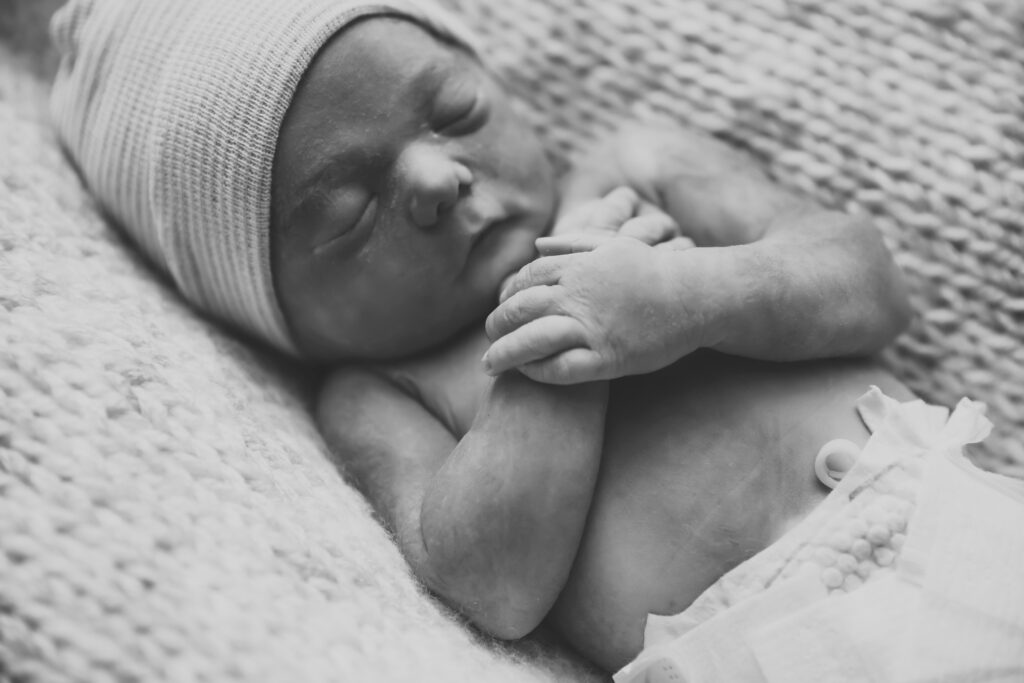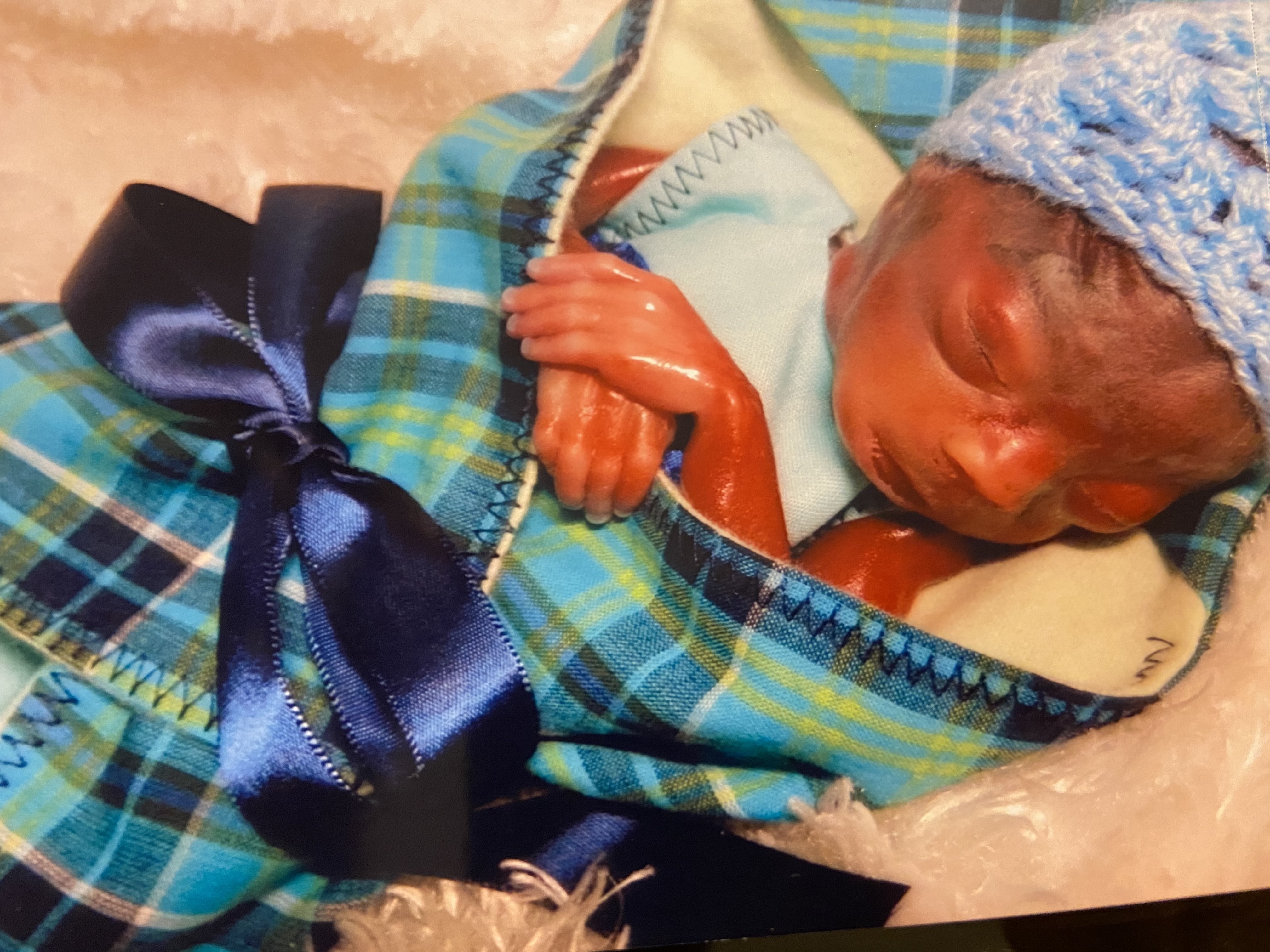In Honor of Pregnancy and Infant Loss Awareness Month, we are sharing some of the worst things people have said to us and other moms and dads that have lost a baby either by stillbirth or infant death.
If you’re a loss mom/loss dad, what are some of the things you’ve heard that you would recommend people NOT say?
Check out Winter’s interview with Nicole at Mamas and Misses about Pregnancy After Loss (PAL): Here
Shout-out to Ashlee of Presentlee for words of wisdom and beautiful, encouraging jewelry. See their mission and shop here: @presentlee
Watch here (YouTube):
Listen here (podcast):
Time Stamps:
00:00 What?!?
01:00 Disclaimer
01:16 Why would you say that?!?
02:20 Are you kidding me?!?
03:36 Yikes!
04:03 I can’t believe you just said that!
04:53 Oh c’mon!
06:29 BONUS!
08:06 Last advice
You might appreciate these other episodes:
- Watch/listen to Waves of Grief | Bereaved Mother’s Day episode: Click here
- Watch/listen to Mom Winter (and co-host of Still A Part of Us) birth episode of son Brannan: Click here
Wanna help?
- DONATE! Consider giving a one-time or recurring donation to help with production and hosting costs: Go here for more information.
- SUBSCRIBE! Head over here to subscribe to our YouTube channel and our podcasts.
- SHARE! Spread the word to a loss mom or dad, or those who may be supporting a bereaved parent. Send them a link to this post. Pin one of our graphics on Pinterest.



